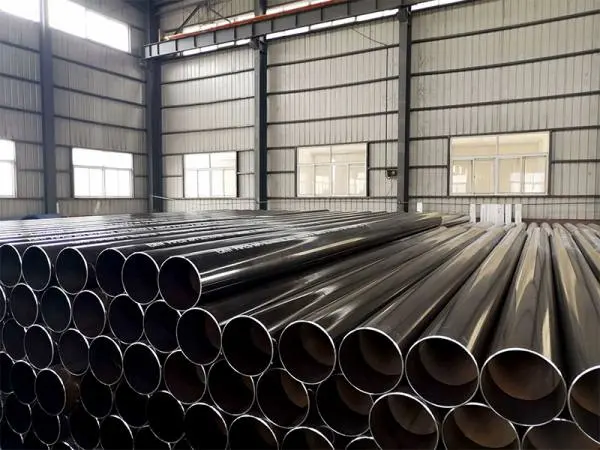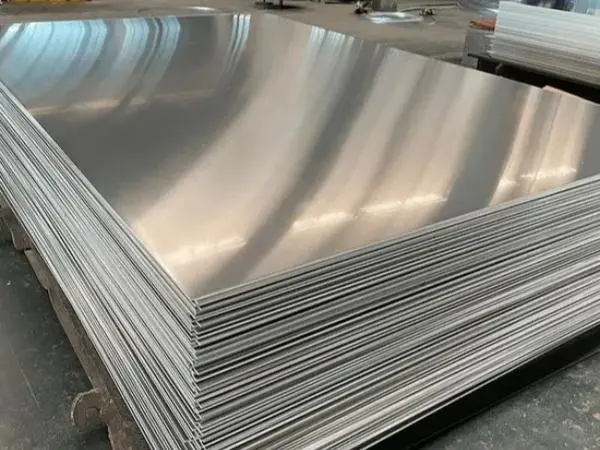- Phone0086 731 8564 8255
- E-mailsales@cscsteel-manufacturing.com
-

ASTM A53 is a standard specification set by the American Society for Testing and Materials (ASTM) that covers seamless and welded black and galvanized steel pipes intended for various applications. When applied to SSAW (Spiral Submerged Arc Welded) steel pipes, ASTM A53 ensures that these pipes meet specific quality and performance standards suitable for structural and industrial uses.
Key Features of ASTM A53 SSAW Steel Pipe:
- Material Quality:
ASTM A53 covers steel pipes made from high-quality carbon steel. For SSAW pipes, the steel used is usually either Grade A or Grade B, with Grade B having higher tensile strength.
- Manufacturing Process:
SSAW steel pipes are produced by spirally welding a steel strip along a spiral line. The process involves heating the strip edges, forming them into a cylindrical shape, and welding them using submerged arc welding. This process provides high strength and durability.
- Strength and Durability:
ASTM A53 Grade B SSAW steel pipes typically have a minimum yield strength of 35,000 psi (240 MPa) and a minimum tensile strength of 60,000 psi (415 MPa). These properties make the pipes suitable for use in a variety of pressure applications, including water and gas transmission, structural applications, and industrial projects.
- Applications:
ASTM A53 SSAW steel pipes are widely used in various industries, including:
Oil and gas pipelines
Water supply systems
Structural applications
Building construction
Chemical processing and transport
- Dimensions:
SSAW steel pipes under ASTM A53 specification are available in a wide range of diameters, wall thicknesses, and lengths. The pipe diameters typically range from 1/8 inch to 26 inches (or more), depending on the specific needs of the application.
- Surface Coating Options:
ASTM A53 steel pipes may be provided in black or galvanized finishes. Galvanization offers additional protection against corrosion, especially for pipes used in outdoor or exposed environments.
- Testing and Inspection:
The pipes are subjected to rigorous testing to ensure they meet the necessary mechanical properties and quality standards. This includes tests for yield strength, tensile strength, elongation, and corrosion resistance. Additionally, non-destructive testing methods like ultrasonic testing may be used to inspect the welds and pipe integrity.
- Corrosion Resistance:
Although SSAW steel pipes are strong and durable, they are susceptible to corrosion, especially in harsh environments. To improve corrosion resistance, the pipes can be coated with protective layers, such as galvanized coating or anti-corrosive coatings, depending on their intended use.
Relative blog:Benefits of ASTM A53 SSAW steel pipe




